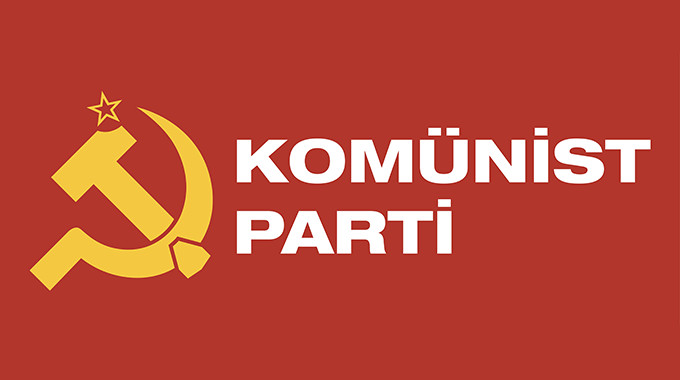
Aytek Soner Alpan (Central Committee of CP, Turkey), 02.02.2015, soL
When AKP came to power in 2002, we were totally alone in our claim that AKP was a reactionary and pro-imperialist government that was the enemy of the working class. Yet, according to the rest, AKP had come with a solid promise of reform. They were representatives of a political line excluded by the capitalist order in Turkey. They were victims, too, just like the leftist movement. They were determined to bring Turkey to the path of accession to the EU, which would certainly create democratic opportunities. It would be wrong to treat them with prejudices. We were recommended to wait and see what would happen.
Then came the invasion of Iraq. There were friends who said, “Don’t rush!” while we struggled against the invasion. Imperialism was of course involved in the invasion but Saddam was no good either. Besides, would not this process yield favorable outcomes for Kurds? The invasion would also affect the capitalist order in Turkey and result in unexpected fractions. We were supposed to wait and see what would happen.
We were “ostracized” by some circles when we said, “another type of authoritarianism will follow” upon the government’s prosecution of so-called pro-coup organizations within the state and society under the framework of the “Ergenekon Case”. They were wishing that the government “go all lengths” for the sake of an ultimate democratization. We were supposed to follow this “complicated” process in a meticulous way before we raised precise allegations against the government. What would be wise was to wait and see what would happen.
Remember the days of “the Arab Spring”. We were again subject to reactions when we underlined that nobody should do politics hiding behind the anger of the Arab people and that an imperialist restoration process was underway instead of a revolutionary transformation. We were accused of failing to appreciate the multidimensionality and contingencies of social struggles. It was obvious how the millions were suffering from authoritarian regimes of the region. It was wrong to label the process as an imperialist restoration, which would eliminate the possibility to grasp the opportunities that would arise. What was necessary was to wait and see what would happen.
Take, for instance, the case of Ukraine… As the events burst out, we immediately expressed this was not a popular uprising but a “colored revolution” that involved Nazi gangs sponsored by the West. We were again misreading the process. Tens of thousands of people were fighting the state; it was super skepticism to point out to the existence of groups holding Nazi symbols. It was the process itself that mattered. Who knew, maybe the progressive forces would prevail in time. Besides, we would thus avoid being on the same side with Putin. We should once again wait and see what would happen.
There is no need to extend the list of examples. It must be obvious what, according to this approach, we should do at each critical turn, each critical moment: appreciate the importance of the process, acknowledge its complexity, constantly warn anybody who comes with a conclusion, and wait and see what happens.
Without discerning sharp antagonisms, developing hostilities, and approaching with prejudices…
How about class struggles?
Is not it possible to view all these incidents as the actual concretization of class struggles in a certain context, to take your “side” on the basis of historical interests of the working class, and to define the struggle from that point of view?
Is not it just possible that what is called “prejudice” is actually a class conflict?
Does politics, especially the politics of class, solely consist of precautious observation and “right on-the-button” reactions?
Cannot we employ our class criteria, our priorities, and our “historical consciousness” as our guides?
Just to the contrary, we should! Otherwise, we, the communists, would not have been able to take any stance, build any ideological barrier, and wage any class struggle in any of the aforementioned incidents.
